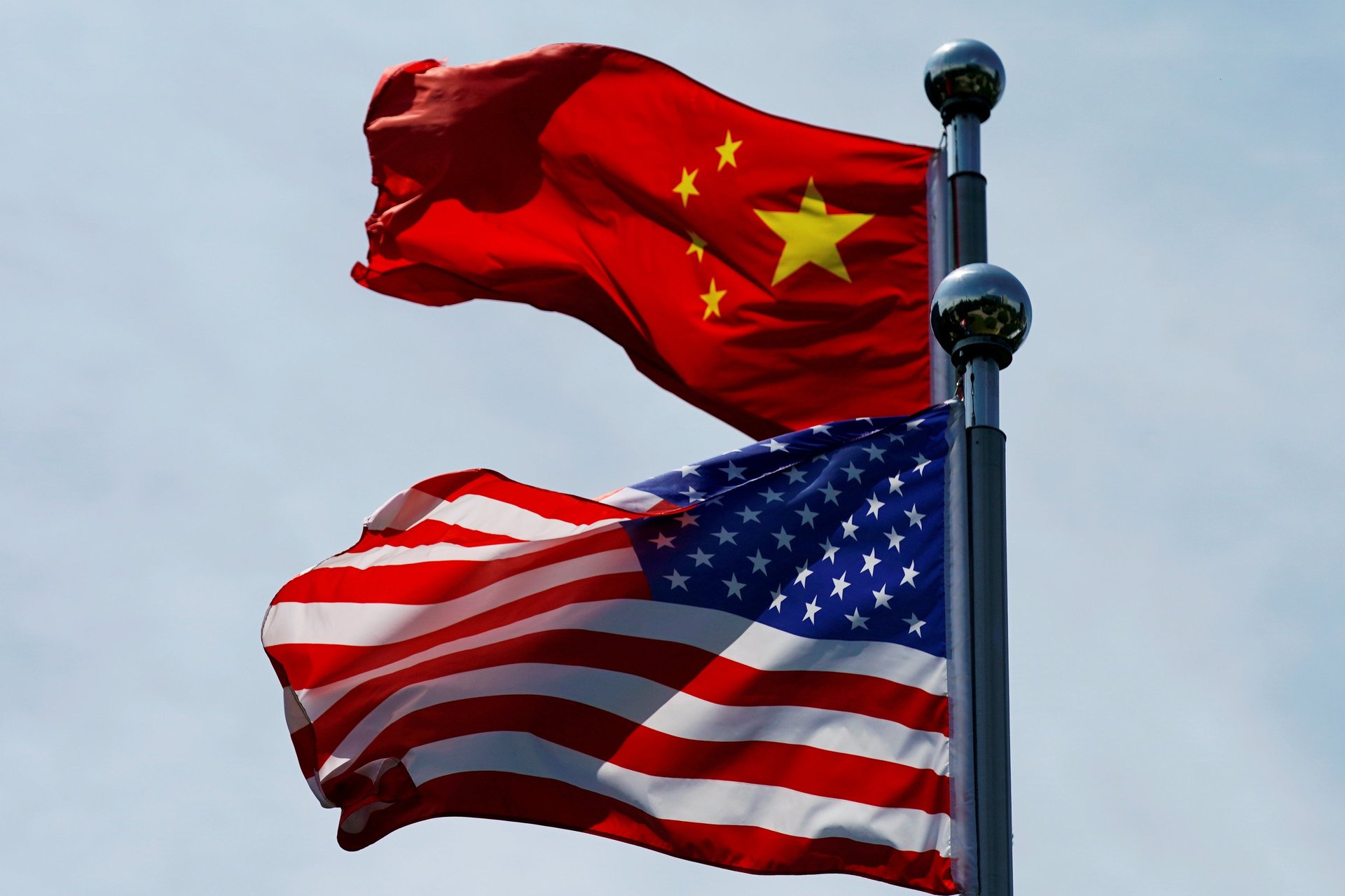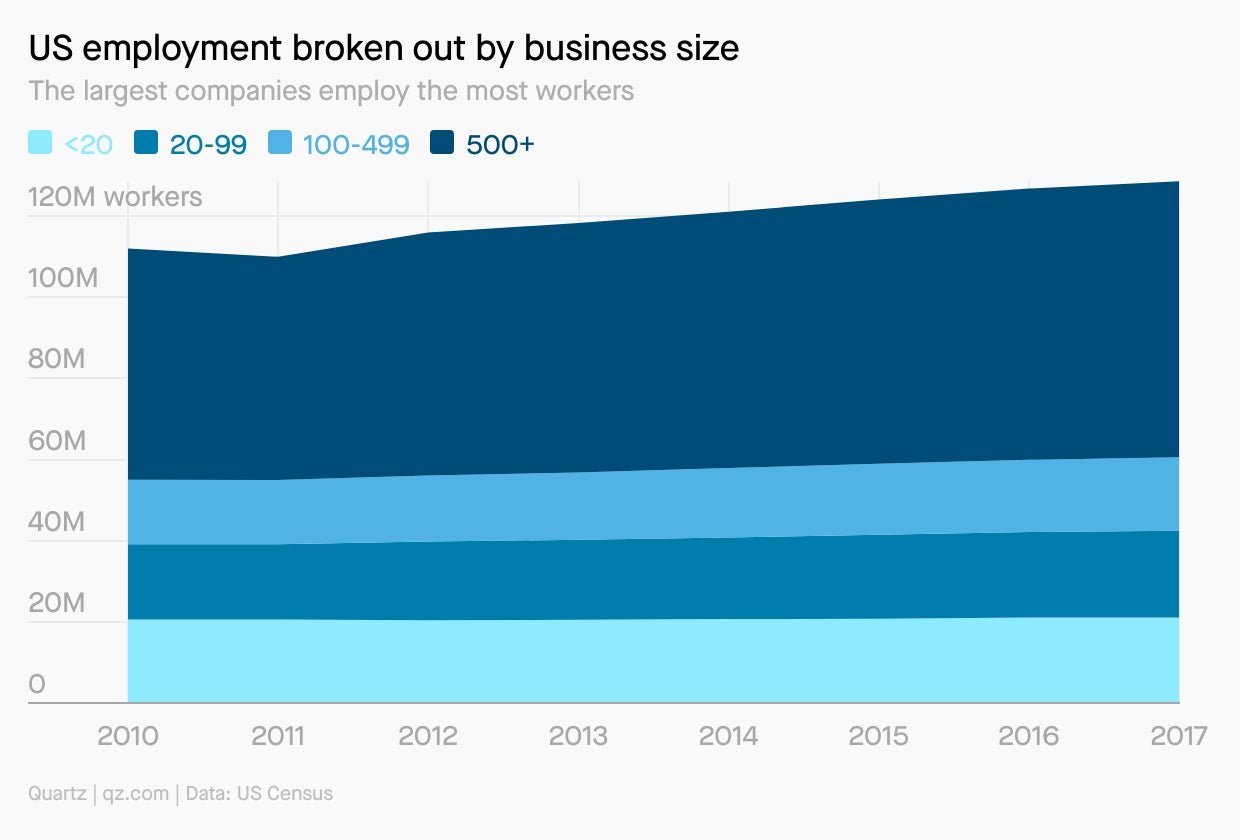China-US climate cooperation, Reddit’s moderation troubles, spider jams
Good morning, Quartz readers!


Good morning, Quartz readers!
Here’s what you need to know
The US and China agreed to cooperate on climate change. The world’s biggest carbon polluters will work together on the climate crisis. Their announcement precedes a US-helmed virtual summit on the subject with world leaders this week.
A deadly conflict in Pakistan over prophet Muhammad cartoons. Supporters of the Tehrik-i-Labaik group have been in violent clashes with police after the arrest of their leader; and in the wake of the group’s demand that the government remove a French ambassador.
Ant Group tried to set the record straight. The fintech giant denied reports that it was exploring ways to appease regulators with founder Jack Ma’s departure. Beijing thwarted the company’s IPO in November, and levied a $2.8 billion fine on e-commerce partner Alibaba last week.
Alexei Navalny’s condition has worsened. Three weeks of hunger strike and a lack of medical attention have brought the imprisoned opposition leader close to death, his lawyer says. Meanwhile, French president Emmanuel Macron deemed sanctions against Russia insufficient.
Japan secured more vaccines... Facing a new surge of cases while it tries to plan the upcoming Olympics with less than 1% of its population vaccinated, the country announced that it has ordered enough vaccine doses from Pfizer to inoculate all eligible adults by the end of September.
…while India saw 25,500 new cases in a day. There are less than 100 critical care beds available in New Delhi, home to more than 20 million Indians.
Bitcoin fell from its high. The preeminent cryptocurrency saw its biggest one-day drop in two months, dragging down other crypto assets just days after Coinbase’s IPO pushed bitcoin to record highs.
What to watch for
After several delays, a relatively unrestricted travel bubble is set to launch between two of the world’s most Covid-19 cautious countries, Australia and New Zealand.
Bubbles are far more helpful toward restarting travel than one-way steps, because while the latter might work just fine for a citizen trying to return home and stay put, leisure international travel requires both being able to leave and return just as easily.
While the New Zealand-Australia bubble won’t involve mandatory testing, proof of vaccination, or quarantines, both sides hope to recoup some of their pre-Covid travel. Still, a bubble is exactly what it sounds like: fragile and liable to pop at any moment, which could lead to an abrupt and costly end to travel for countries involved.
Charting why small businesses actually matter
Small businesses that stay small—fewer than 100 employees—aren’t efficient, according to key metrics.

Small businesses tend to pay their employees less, provide them less generous benefits, and offer fewer opportunities for advancement compared to larger enterprises. Small businesses aren’t as productive as big businesses—it’s called economy of scale for a reason. Heck, most small businesses don’t even last that long. So why do we prefer them, both anecdotally and in our neighborhoods?
It turns out our reasons for encouraging small businesses that pay less and and last a short time might be more social than economic: People insert local businesses when they describe the neighborhood of their dreams, and surveys of downtowns that are consistently rated the best in the US find that they boast a preponderance of independent firms.
Taking the long view on solar energy
Last August, Spanish solar developer Enerland offered to sell electricity for €11.14 (US$13.12) per megawatt-hour (MWh), one of the lowest auctioned electricity prices in history. One megawatt hour is slightly more than the average home in the US consumes per month.
Sellers undercutting themselves in Portugal aren’t throwing their money away, however. They’re betting the superior economics of solar power, and a coveted connection to the country’s crowded electricity grid, will cover any losses over the first 15 years before firms are free to sell power at market rates.
Developers are willing to pay big money to sell cheap power into the grid. As renewable energy prices drop even further, says Jenny Chase, who leads solar analysis for BNEF, developers will find innovative ways to bring wholesale electricity prices even lower and return those savings to the grid.
✦ Concerned about climate change? Michael J. Coren covers the people, technology, and policies addressing it. Concerned you don’t have a Quartz membership? Try it for free.
Surprising discoveries
Adobe’s co-founder once survived a kidnapping attempt. Charles “Chuck” Geschke, who developed the PDF, died at 81.
Two men are dead after their Tesla crashed into a tree. No one was driving, and police had to ask the automaker for help putting out a fire that kept reigniting.
Listen to the sounds of a spiderweb. MIT researchers have used algorithms to turn the frequencies of a vibrating spiderweb into music.
Formula One is coming to Miami in 2022. The race will be hosted at the Hard Rock Stadium, home to the NFL’s Miami Dolphins.
The hottest new locale for wedding photography. A small volcanic eruption on the Reykjanes peninsula has led to a flurry of glamor shots in Iceland.
Go-kart drivers are taking over the streets of a small UK town. Droitwich residents insist the “real-life Mario Kart” is no laughing matter.
Our best wishes for a productive day. Please send any news, comments, spiderweb musicals, and megawatt hours to [email protected]. Get the most out of Quartz by downloading our iOS app and becoming a member. Today’s Daily Brief was brought to you by Michelle Cheng, Michael J. Coren, Tim Fernholz, Jackie Bischof, and Jordan Lebeau.